-
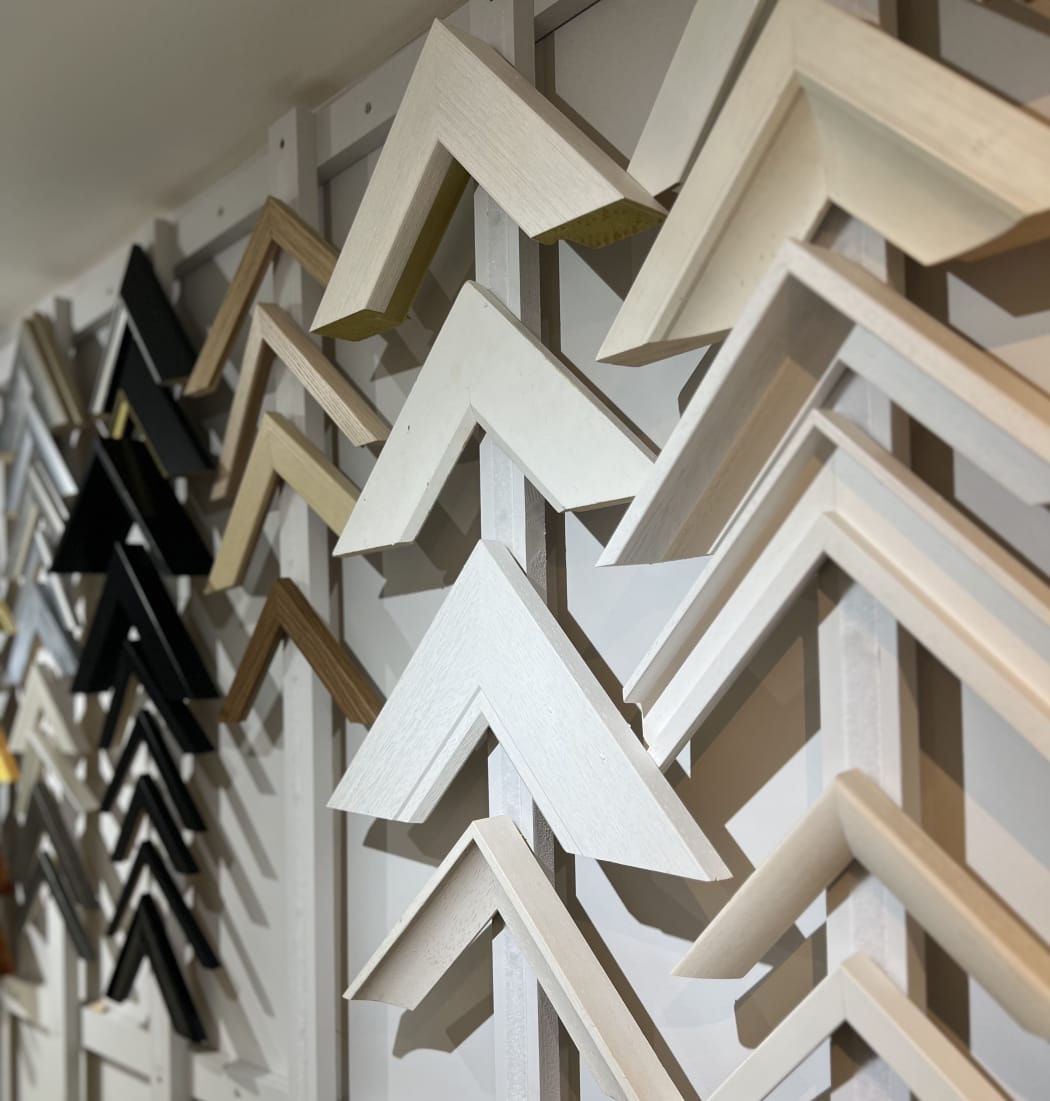
It’s exciting times at Otter Gallery as we grow and expand to include a professional picture framing service. Our artists asked….and we answered! A natural addition to the art community that we are building here at Otter Gallery, we’re delighted to offer a range of classic and contemporary frames and a quick turnaround.
To complement our Art Advisory Service, our gallery staff are experienced at offering you the best advice on how to frame your treasured artworks and place them in an interior. Whether you have purchased artwork from the gallery, or are bringing in your own family heirlooms and cherished photographs, we can promise to elevate them through beautiful, high quality framing.
Reasons to get your pictures framed at Otter Gallery
- Based in the town centre, with parking next door, it couldn’t be easier
- Choose from a selection of classic or contemporary frames
- We offer a 2 week turnaround on orders
- Benefit from the advice of our gallery staff
We are much more than an art gallery! Our aim is to enrich your life through the power of art. Join our community, participate in workshops, join us at private views and community events. If you are a painter yourself we welcome you to the Otter Artist’s Society – a professional group of practising artists.
To enquire about Otter Picture Framing contact
info@ottergallery.co.uk / 01202 881840
or drop in Wednesday – Saturday 10am – 4pm or Mondays & Tuesdays by appointment.
-
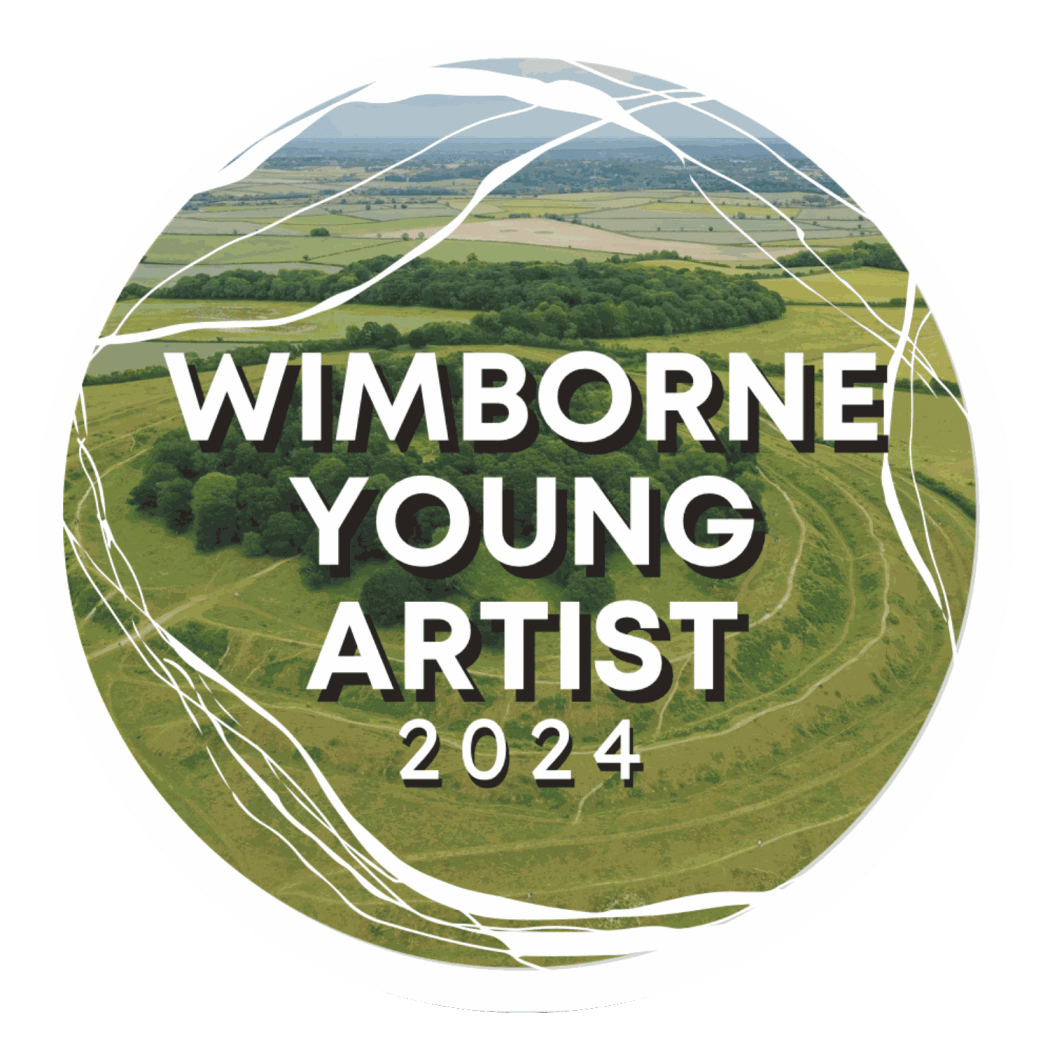
Wimborne Young Artist of the Year 2024 Join us at the launch weekend
13th & 14th July 10 – 3pm at Badbury Rings DT11 9JLIt’s that time of year again for our young creatives to dust off their easels and enter ‘Wimborne Young Artist of the Year’.
With hundreds of entries in our inaugural event last year,
we are thrilled to OPEN this year’s competition!
-
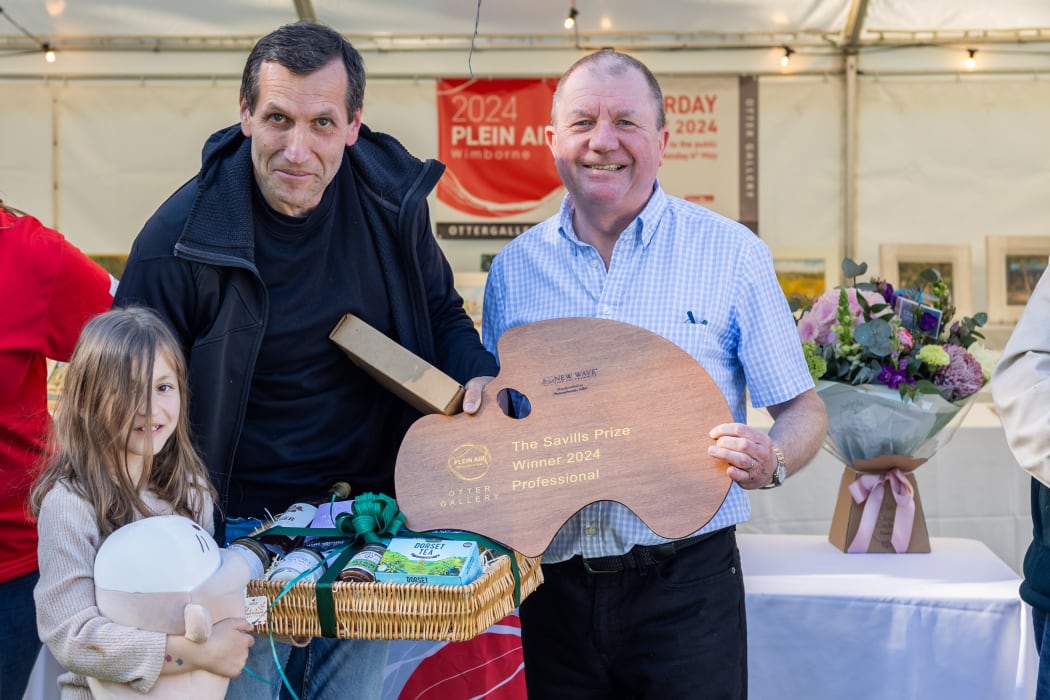
This is our chance to say a big, heartfelt Thank YOU for making the inaugural Wimborne Plein Air such a success.
Thank you to those who entered – you are all winners in our eyes.
-
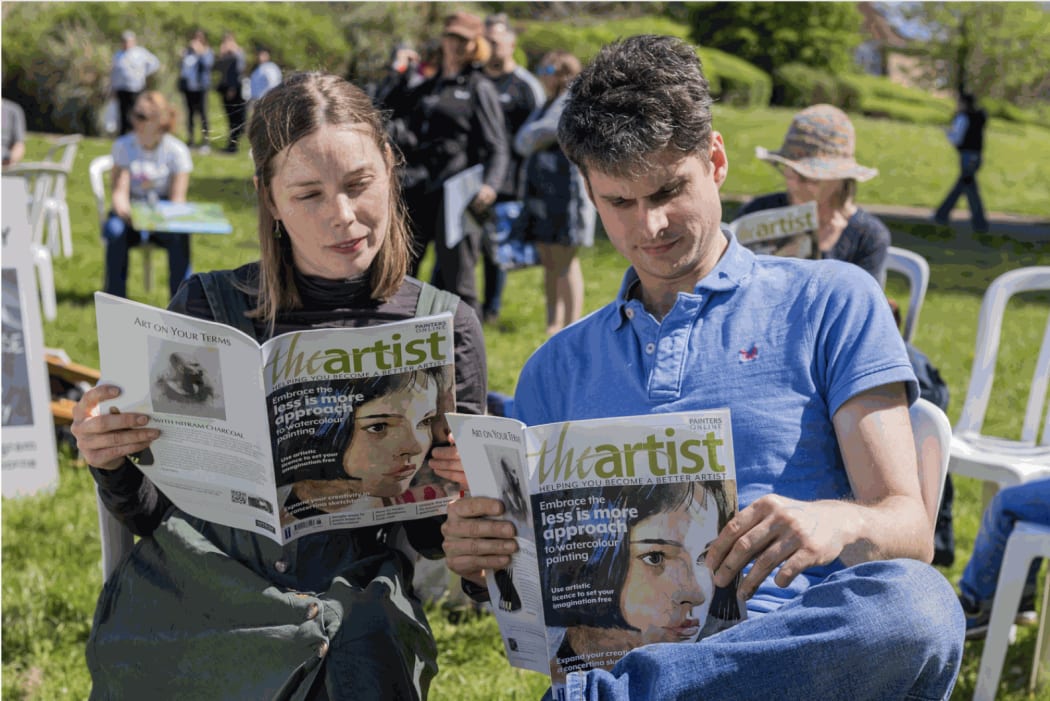 The Artist Magazine
The Artist Magazine -
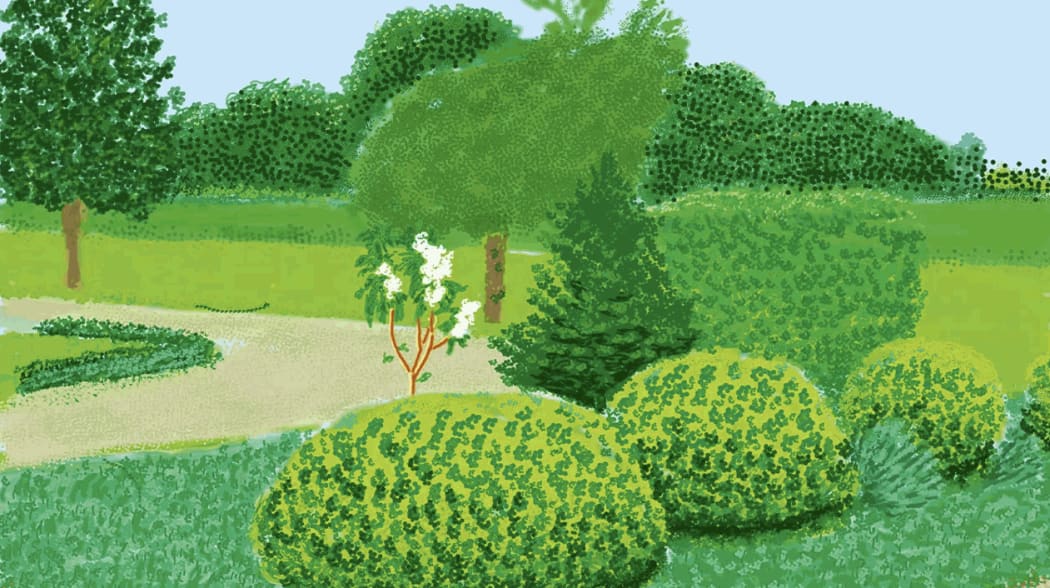
Painting Outdoors, or en plein air as it’s known, is making a comeback.
We’ve noticed plein air communities and competitions springing up everywhere of late. The growing resurgence could be attributed to the pandemic, which saw a greater number of artists venturing outside to paint, rather than sticking to their usual studio-based routine. People in general are seeking communities more than ever, as a respite from isolating environments or working from home. This could include wild swimming clubs, running clubs, walking groups and painting groups.
We know that being outdoors has so many health benefits and it’s a welcome challenge for most artists. It harks back to a more simplistic – or should we say purist? – approach to life, rather than being stuck to a screen 24 hours a day. Painting outdoors requires your complete focus, overcoming both practical and physical challenges. We asked oil painter Georgina Potter for her top tips, ‘if you’re serious about painting plein air, you need to get out in all weathers. I always stand on cardboard to keep the cold at bay.’
This year, we are delighted to launch Wimborne Plein Air – an exciting open painting event for the May Bank Holiday weekend, intended to inspire budding plein air artists in three categories; Professional, Amateur and 14 – 18 year olds. Since opening the gallery last year, we’ve been adding more and more opportunities for art lovers and collectors to get involved. As well as an exciting programme of exhibitions, Saturday Socials, the Artists Society, Young Artist of the Year award and a new studio for workshops, we wanted to bring a live painting event to the heart of the town. When respected oil painters Maria Rose and Tom Stephenson agreed to be judges, the course was set.
It's only £20 to enter online and is open to emerging and more experienced artists alike. Everyone is welcome – we want to see what talent is out there and give you the opportunity for exposure, validation and the chance to win some amazing prizes.
John Constable pioneered a plein air approach to painting in the early 19th century, then from 1860 onwards it became fundamental to the Impressionist movement which brought it into the mainstream. Artists belonging to the Hudson River School took this style of painting very seriously and the Luminists almost deified Mother Nature – her forests, mountains and wildlife. Before this time, it would have been unthinkable that paintings sketched outdoors were nothing more than preparatory studies.
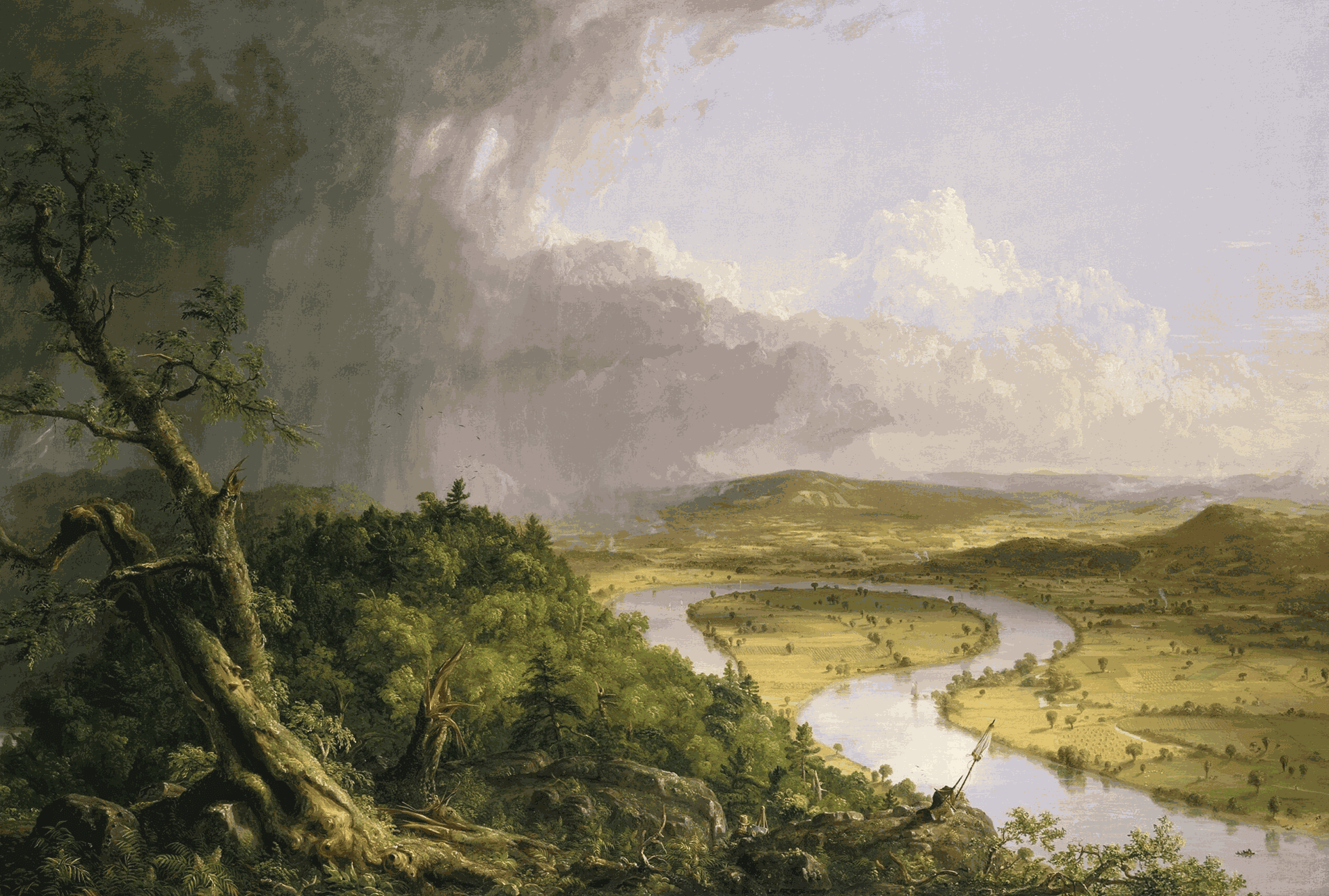
Example of Hudson River School: Thomas Cole (1801–1848), The Oxbow, View from Mount Holyoke, Northampton, Massachusetts, after a Thunderstorm (1836)
Developments in art materials, the advent of paint becoming available in tubes or pans (paint cakes) in around the 1870’s, plus portable easels that were more lightweight than their earlier counterparts, suddenly made it possible to paint outside. Before this, artists made their own paints by griding pigments with oils – it was a messy business! ‘The Golden Age of Watercolour’ from the mid 18th to mid 19th centuries was an explosion of interest by amateurs who started to take up the activity as a hobby. Watercolours provided the ideal medium, lightweight and minimal – among the aristocratic classes, painting was considered an important adornment of a ‘proper’ education. En plein air carrying cases, or pochades, are described as early as 1731 as ‘constructed of mahogany and fitted with brass hardware and embossed-leather linings, providing porcelain mixing pans, wash bowls, storage tins for chalks or charcoals, trays for brushes and porte-crayons, scrapers, blocks of ink and colours.’
William Reeves, an 18th century colourman, was awarded the Silver Palette of the Society of Arts for his invention of the ‘paint cake’ in 1781. These small, hard cakes of soluble watercolour were revolutionary. By the 1830’s artists could buy watercolours in porcelain pans, before further advancements in 1842 produced the first watercolours in collapsible metal tubes, thanks to Winsor & Newton. They set an international standard with their consistently high machine-ground pigments and they were granted a Royal Warrant in 1841. Before long, artists could liberally wash their paper with vivid colours never used before in this way – early critics were proved very wrong indeed!
William Winsor and Henry Newton were already working alongside some of London’s well known colour-men who procured rare pigments from across the globe and congregated in the artists quarter around Rathbone Place, central London. Indeed Constable, a neighbour, was one of their early customers. New compounds that were suddenly affordable, such as cerulean, chrome orange and cadmium yellow minimised time spent grinding and mixing with a pestle and mortar in the studio! The pocket sized ‘Shilling Colour Box’ – a lightweight japanned tin with pan colours and mixing palettes became a Victorian best seller, selling more than eleven million units between 1853 and 1870. The dye was cast, and painting plein air in watercolour has remained fashionable ever since.
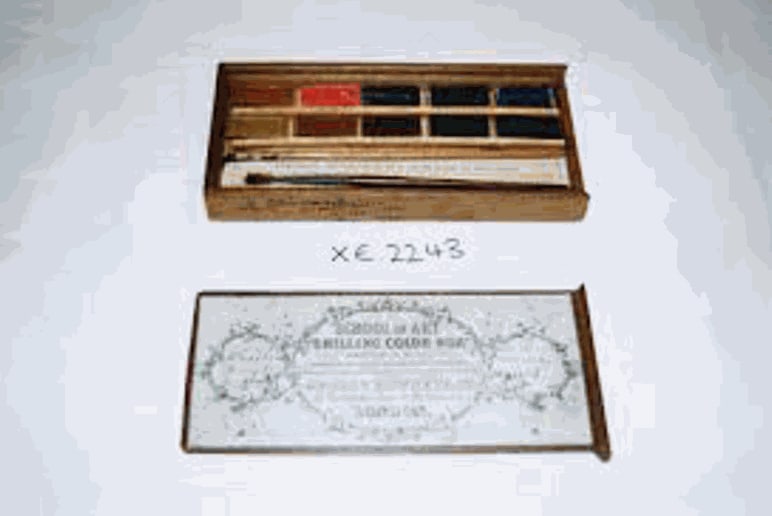
A shilling box
The rural naturalists took this style of painting as an important technical approach to naturalism. The Newlyn School of Art was a major proponent of the technique in the later 19th century. Here is a picture of Stanhope Forbes who painted in extreme conditions, often tying down his easel with guide ropes on the beaches around Cornwall where he would paint.
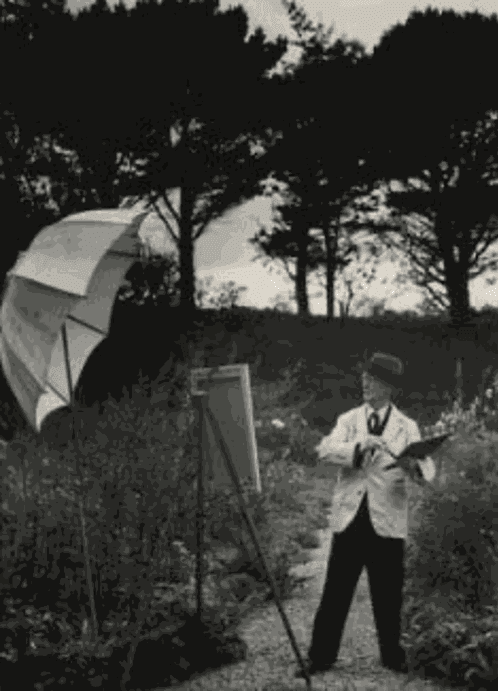
David Hockney, the grandfather of modern plein air painting, exhibited his Grand Canyon works in the 90’s and the famous Yorkshire landscapes in the 2000’s made with his iPad. The 288 foot long frieze is on view at Musee de l’Orangerie in Paris, celebrating the changing seasons in Normandy, where he spent lockdown painting.
 Painting by David Hockney
Painting by David Hockney We spoke to Maria Rose about her fascination for painting plein air;
“Painting outdoors for me is a way to connect with nature, light and my surroundings and to truly 'see' my subject. The act of trying to capture a moment transcends my busy mind. For that hour or two, I simply paint and respond.”
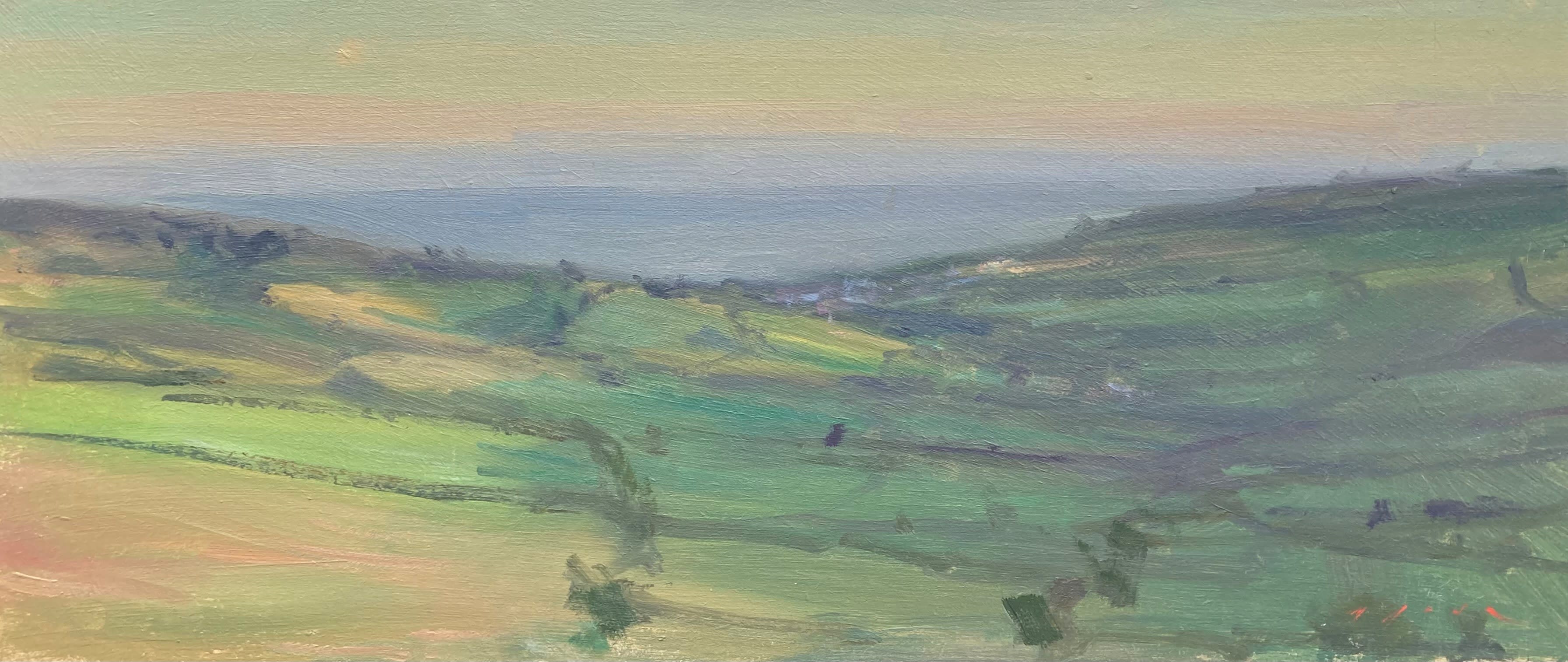
Painting by Maria Rose
What the artists say….
“Painting outdoors has always been an intensely joyful experience. But now there is this layer that makes it feel as though I’m there seeking medicine.” Jeremy Miranda
“Reality is so much more interesting than fictional painting in a studio,” Cabeza de Baca
“Hell yeah, I am a plein air cat, I’ve been doing it always, seriously since around 2006. Love the performative quality of it. Anselm Kiefer says there is no innocent landscape—and he is probably right. This plein air urge—it is almost the artist under the other artist who always wants to break free, the artist who just wants to go out in the weather and paint what there is. I love that approach. I’d forgotten how exciting and intuitive that was. For me, painting from life is incredibly freeing.” Ragnar Kjartansson
“Being outside in nature is a huge source of inspiration for me, and if you are patient and look with the right kind of eyes, there is so much to see. When you paint outside it is easier to experience true colours, light and tonal values in the landscape.” David DJ Johnson
“It’s good for your eyes, to really focus and look. It’s good for your heart and soul, to observe, listen to the rhythms of nature and still your mind. A splash of vivid colour on a fresh piece of paper, the warm sun on your back….it’s like magic.” Sarah Middleton
Enter Wimborne Plein Air here: https://ottergallery.co.uk/wimborne-plein-air/
Mark off the May Bank Holiday in your diary!
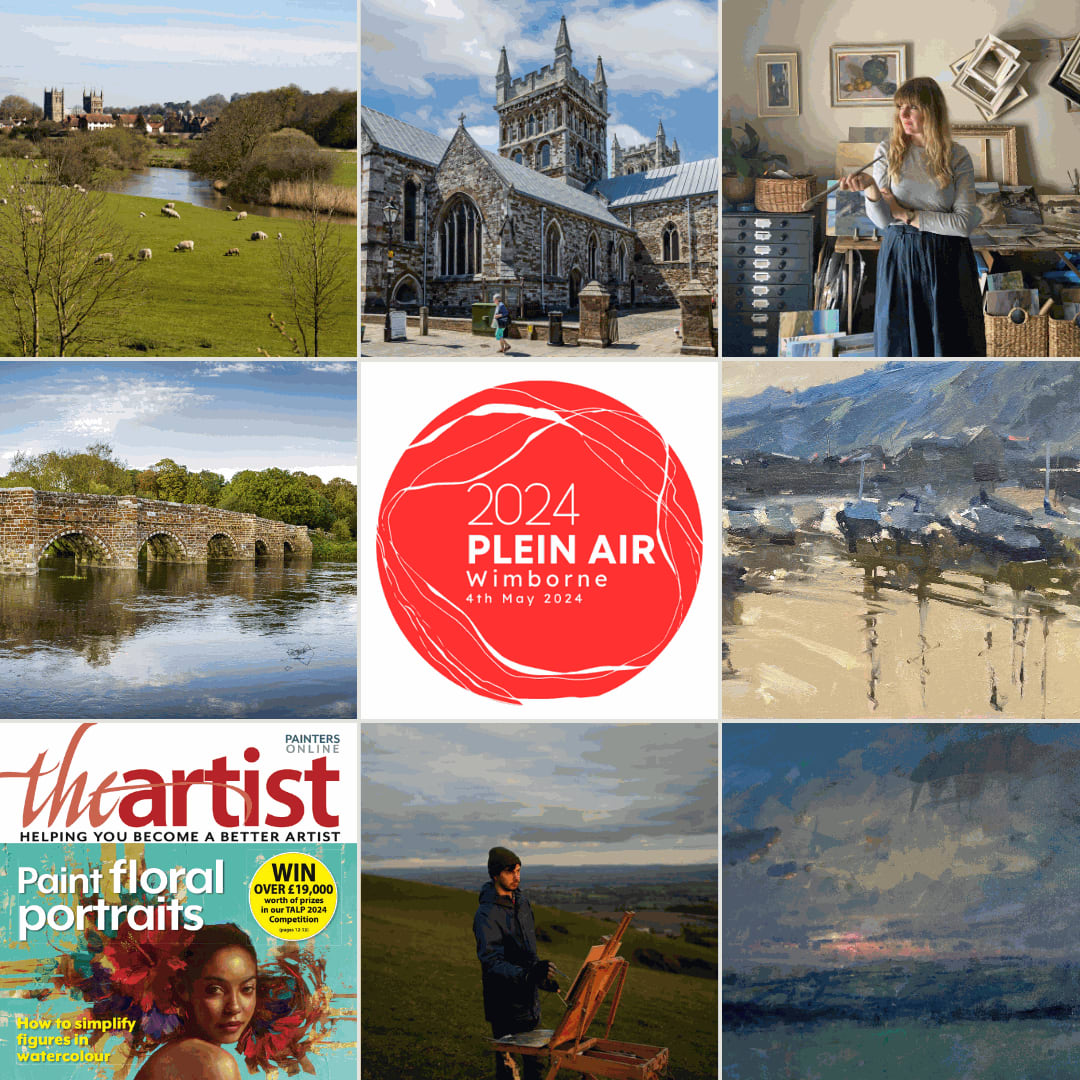
-
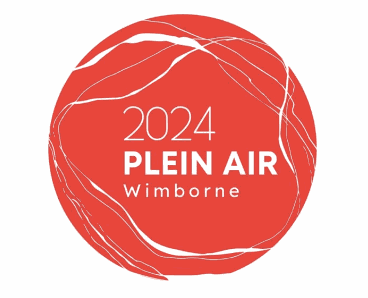
-

Dear valued customers and friends of Otter Gallery
As we reflect on the past 7 months since our opening on May 11th, 2023, we have been overwhelmed with gratitude and excitement. The gallery has been embraced with open arms by our wonderful community, and we want to take a moment to express our sincere thanks for your incredible support.
Our journey began with a vision to create a space where art lovers could immerse themselves in creativity and inspiration. Little did we know that our opening would mark the beginning of an extraordinary adventure. The past months have been filled with memorable exhibitions, captivating artworks, and the warm camaraderie of our customers.
Your enthusiasm and encouragement have propelled Otter Gallery into a thriving hub for artistic expression, and we are grateful for every visit, every conversation, and every shared moment of appreciation for the art on display.
Looking ahead to the New Year, we are thrilled to announce exciting plans that will make 2024 even more remarkable. We have lined up a roster of talented new artists whose works will grace our walls, promising a fresh and dynamic perspective for our visitors.
We would like to extend our heartfelt wishes for a Merry Christmas to each and every one of you. May this season be filled with joy, laughter, and the company of loved ones.
Thank you for making our first Christmas at Otter Gallery truly special.
Warm regards,
Katie
x
-
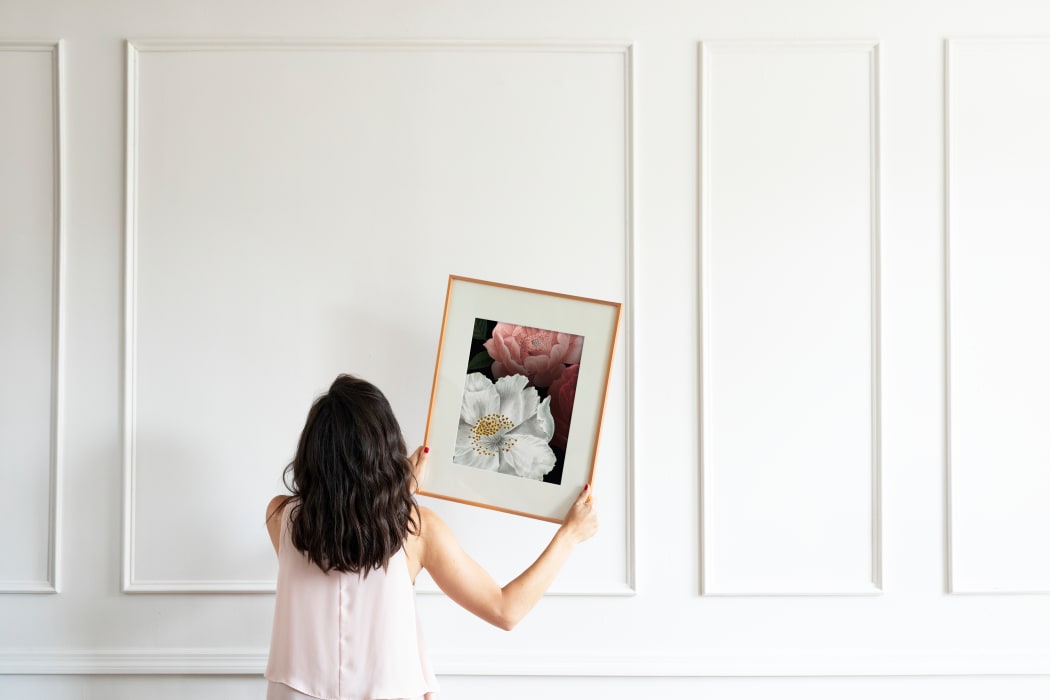
A Beginners Guide to Buying Art
Becoming an art collector is no longer the preserve of the elite.If you love art and want to adorn your walls with it, here are a few tips for building a collection that you'll come to treasure.
The art market can seem like a daunting world, especially if you are starting from scratch, but everyone has to start somewhere. We hope this acts as a sensible guide to get you out of the blocks.
1. Buy what you love and trust your instinct
Buy artwork that you love looking at - it's as simple as that!
Part of the joy of this journey in the art world is finding, and honing, your own style and taste. You will be naturally drawn to a style or medium, which will lead to an interest and knowledge in this area. That's priceless! If you are always trying to look for the next art investment, regardless of whether you like it or not, you'll miss out on enjoying artwork that speaks to you. We suggest buying a mixture of both - some investment pieces and others that you simply can't live without! As Cath Kidston says of her own art collection, 'Although over the years I've come to recognise certain artists, on the whole I don't buy for an artist's name. It's actually a matter of falling in love with a picture, buying on impulse.'
2. Buy artwork in person - wherever possible
Lockdown saw a boom in art sales, many of which were online and from social media. The phenomenon that was the 'Artists Support Pledge' spawned a new generation of younger collectors picking up incredible artworks for a song, whilst supporting artists during the pandemic. Whilst supporting art sales, we would always suggest seeing the artwork in person for obvious reasons - the palette will look completely different, does it spark an emotional response? You'll be able to see its true size and presence and stand right in front of it. When you know, you know!
3. Build a relationship with your local gallery
Don't be intimidated by galleries! Long gone are the days of snobby and dismissive gallery owners. There is so much joy to be found in finding a local gallery that you love and making regular visits to discover new artwork, talk about art, learn about art and build a long-term relationship with your gallery manager. We should all take the time to connect within our community in the same way we might with our hardware store or corner shop. In this way, you will learn about artist provenance, price structures, the time involved in creating a piece, limited edition prints, framing options and so on. You'll be invited to socialise with gallerists, artists and industry specialists. It will open you up to a rich and diverse community. If you are looking to make savvy art investments, this is a great place to start the journey.
Otter Gallery offers an Art Advisory Service, sourcing contemporary artwork for your home in a highly personalised way. Their website also uses clever technology to show you what a particular painting would look like hanging in an interior. Galleries are there to help connect you to artworks that you love and will treasure - it's an intimate and invaluable service.
4. Do your research
Apart from the obvious joy of learning about the provenance and personal story of an artist, you'll be broadening your understanding of the value of a collection. Their narrative brings an intimacy and value that goes beyond the visual stimulation and will help you to grow your knowledge base. Follow artists and contemporary galleries on Instagram and get to know their process. Make it your business to find out about as much as you can. Who is the next big thing? Who is everyone talking about? Which anniversaries are coming up? Which artist is going to shoot up in value posthumously?
5. Get Out & About
Go to as many exhibitions and openings as you can. We are lucky enough to live in a culture steeped in the arts and in a country that understands its importance. To that end, we have many regional institutions that host open exhibitions from the Royal West of England Academy in Bristol, to the Royal Academy of Scotland, art societies across the country - all of which are fantastic places to buy and start collecting.
One of the best places to pick up established and emerging artworks is at the Royal Academy Summer Exhibition. England has a proliferation of art fairs with an increasing fan base - the appetite for buying original artwork is growing. The London Original Print Fair is a favourite amongst collectors.
6. Consider buying Original Prints & Reproductions
Many major artists produce limited edition prints which can be an affordable way to start your collection. These can be created in a variety of ways, etched onto a plate, drawn onto a lithographic stone or engraved from a block of wood. Many are sold through non-profit making organisations like the Royal Academy or the Whitechapel Gallery. Independent galleries often have the opportunity to exhibit collections of original lithographs, silkscreens and monotypes - also high quality reproductions - by well known names such as Sir Terry Frost, Patrick Hughes, Barbara Rae, Sandra Blow, Bruce McLean, Keith Haring, Peter Blake and so on.
Pick up a copy of A Buyers Guide to Prints by Helen Rosslyn here;
https://shop.royalacademy.org.uk/a-buyers-guide-to-prints
Own Art is a government scheme which enables people to buy artworks with the help of an interest free loan. Many galleries and art fairs offer this service and it's a brilliant way of paying for an artwork incrementally.
8. Keep an eye on the Graduates
Go to the graduate shows of the major art schools and get to know the names of the work that inspires you. Those names will keep popping up on your radar as they get picked up by galleries for representation, so investing early is a savvy move. Graduate shows are a fantastic way to meet the artists, talk to them about their work and even arrange a studio visit. You could become their first personal client!
9. Open Studios - a real treat
Far from being colloquial events, Open Studios is a bone-fide way of discovering high- quality professional artists and makers in your region. For a few weekends of the year, you'll have the rare opportunity to step inside their studio and pick up work from new and archived collections at studio prices.
DORSET ART WEEKS: 25 MAY - 9 JUNE 2024
https://www.dorsetartweeks.co.uk/
Find out more about Otter Gallery Services HERE
-
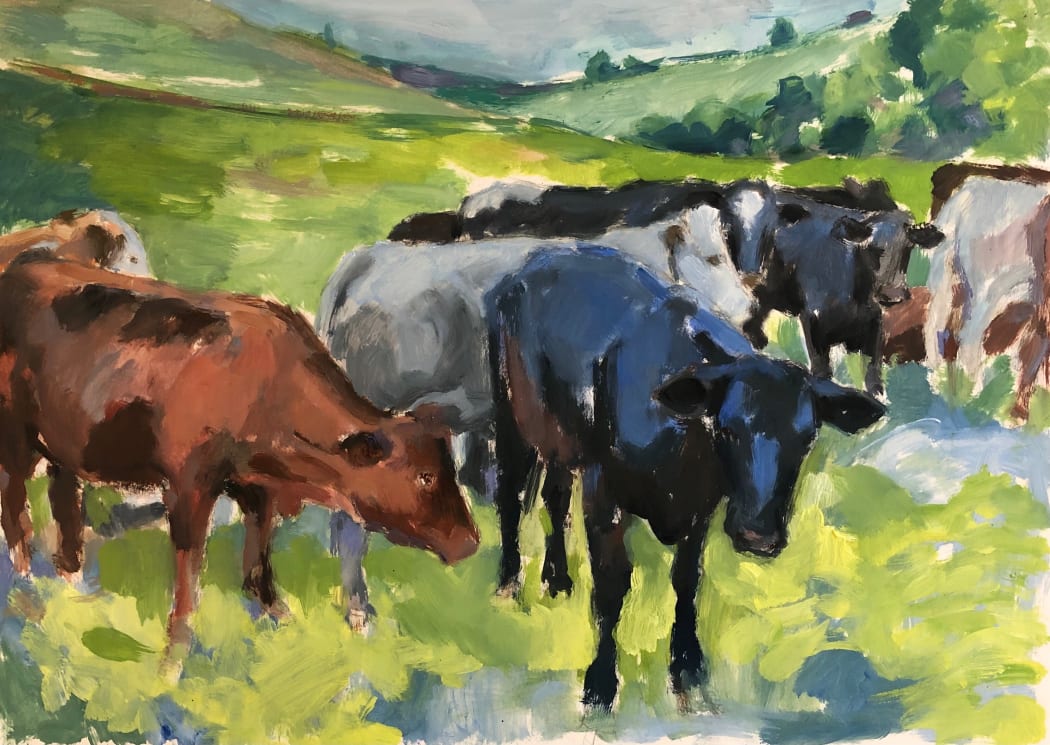 Rural Reflections
Rural Reflections -
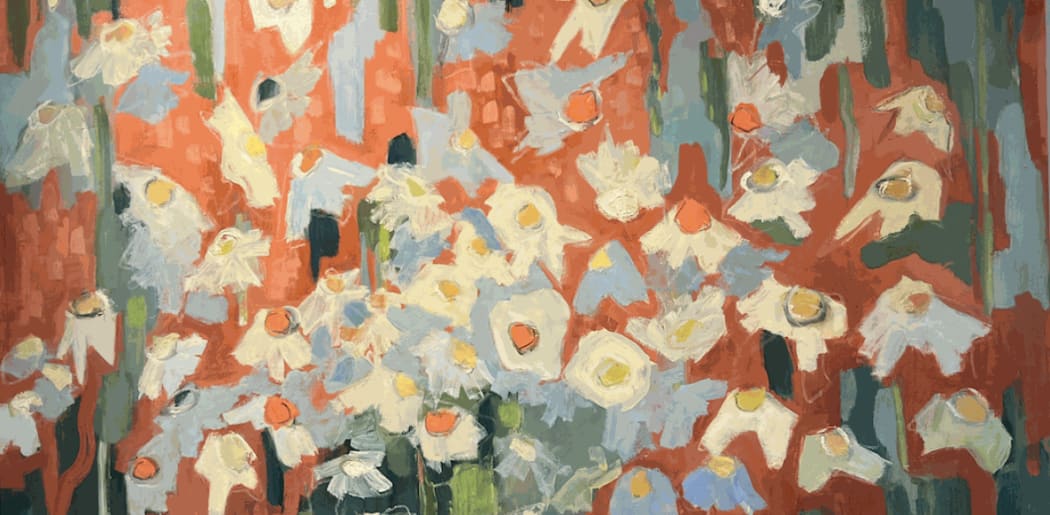
-
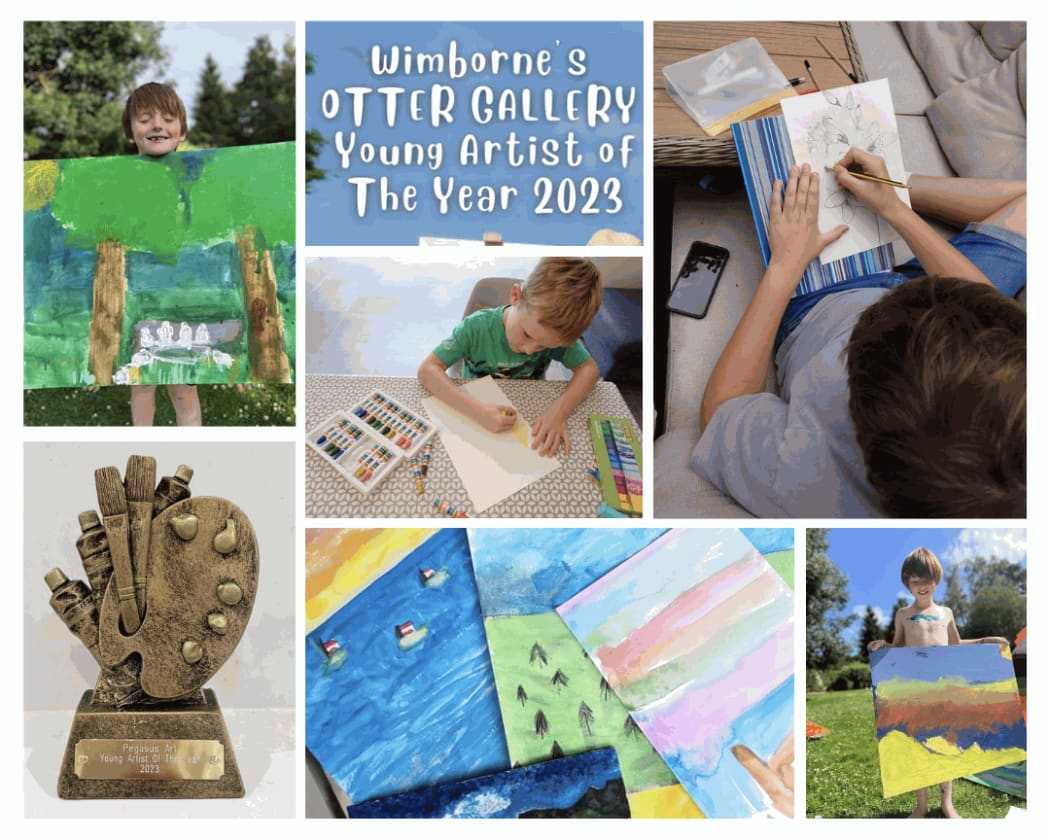
Young Artist of the Year 2023 Review
A creative summer with Wimborne's young artistsA Celebration of Art and Imagination
The summer holidays are a time for children to let their creativity run wild, and this year was no exception as young artists from across our community came together to participate in our exciting ‘Otter Gallery and Wimborne’s, Young Artist of the Year Competition’. The competition, held throughout the school summer holidays, saw an impressive display of artistic talent across various age groups.
After weeks of creative exploration, the competition drew to a conclusion with an art exhibition showcasing all the work of our shortlisted artists, with a grand prize-giving ceremony where the winners were announced.
Let's delve into the world of these young artists and the remarkable winners who wowed the judges.
The competition saw an impressive array of submissions from children aged 0 to 16, divided into three categories: 0-7, 8-12, and 13-16, all with the theme, 'Nature's Canvas'. Each age group presented its own unique set of challenges and opportunities for these young artists, making the judging process both exciting and challenging.
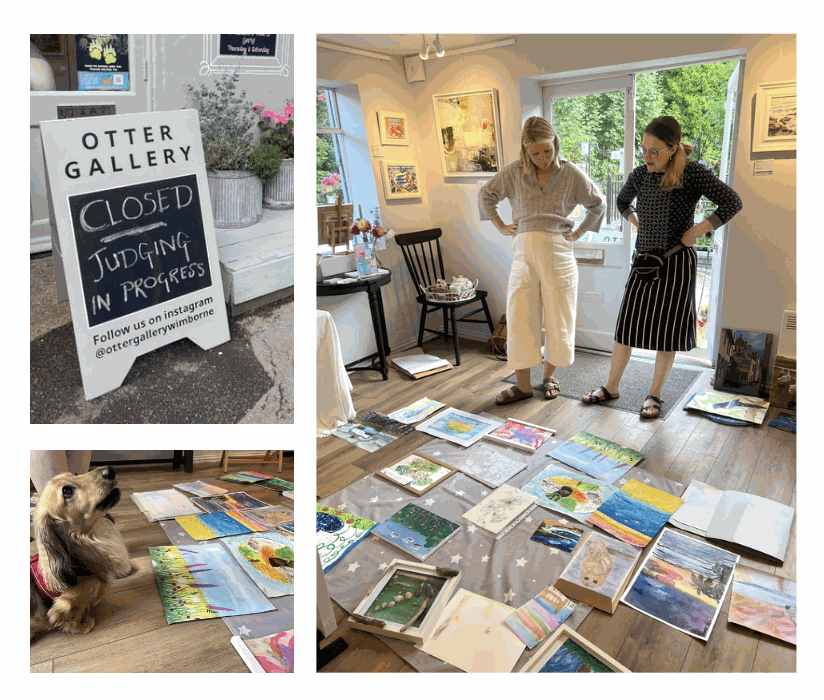
The Winners
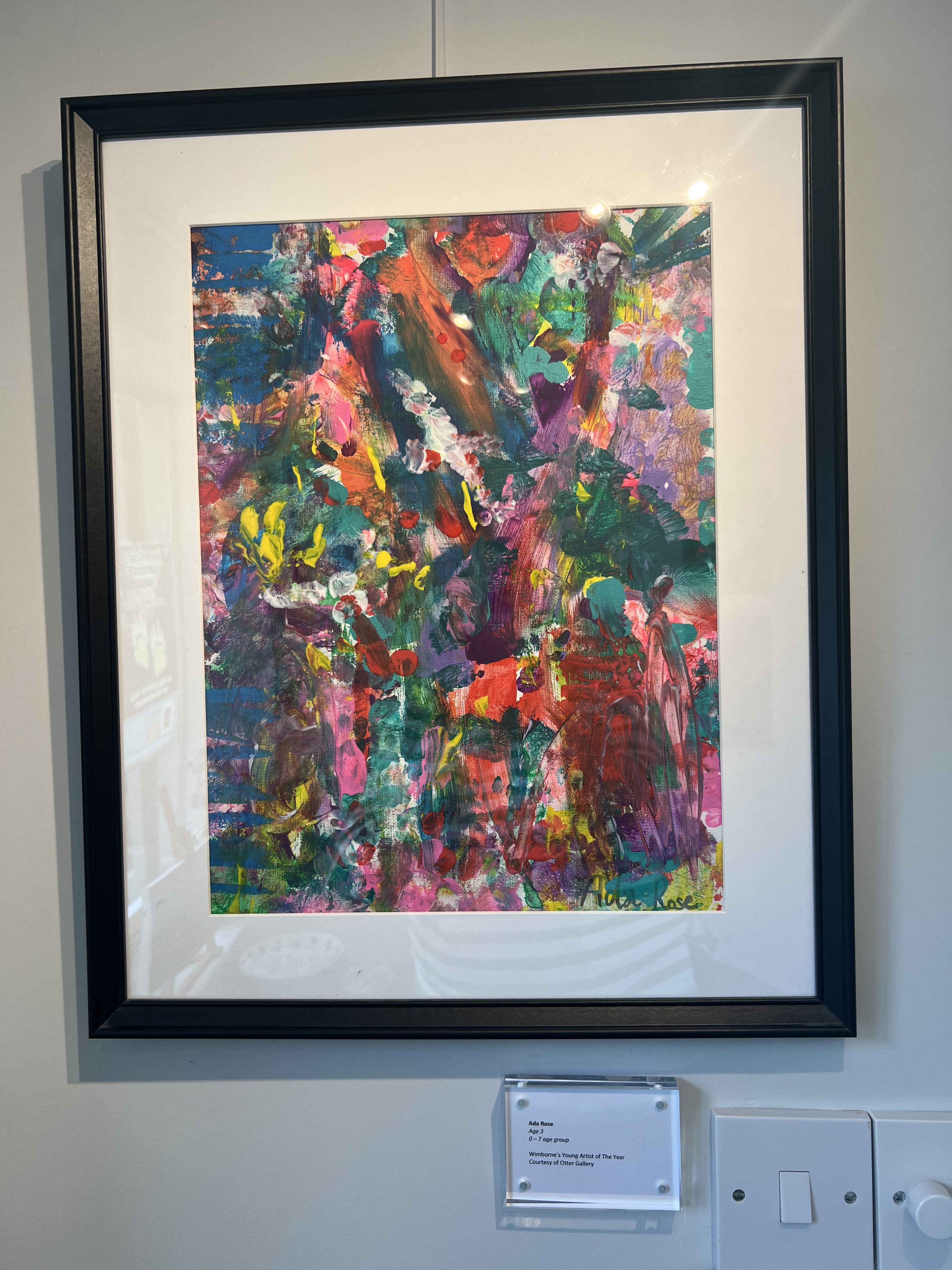
Ada Rose - age 3 (0-7 Category)
Ada Rose, at the tender age of 3, captured hearts and won the 0-7 age category with her adorable and imaginative artwork. Her piece was a delightful display of vibrant colours and boundless creativity, showing us that art knows no age limits.
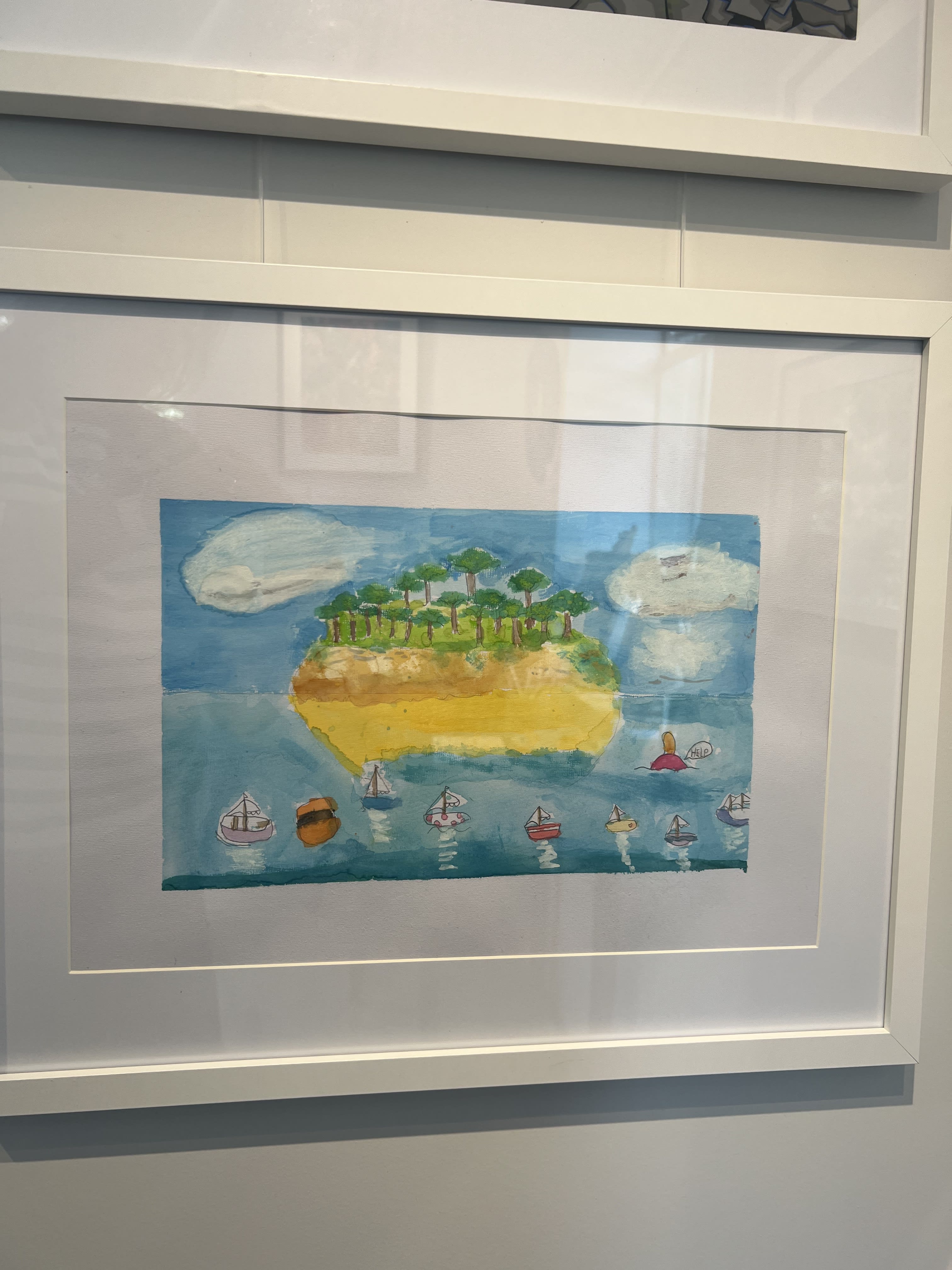 Charlotte Elliott - age 9 (8-12 Category)
Charlotte Elliott - age 9 (8-12 Category)In the 8-12 category, Charlotte Elliott emerged as a star. Her artwork displayed an impressive level of detail and thoughtfulness. The judges were particularly impressed with her ability to convey humour through her art. At just nine years old, Charlotte has a bright future ahead in the world of art.
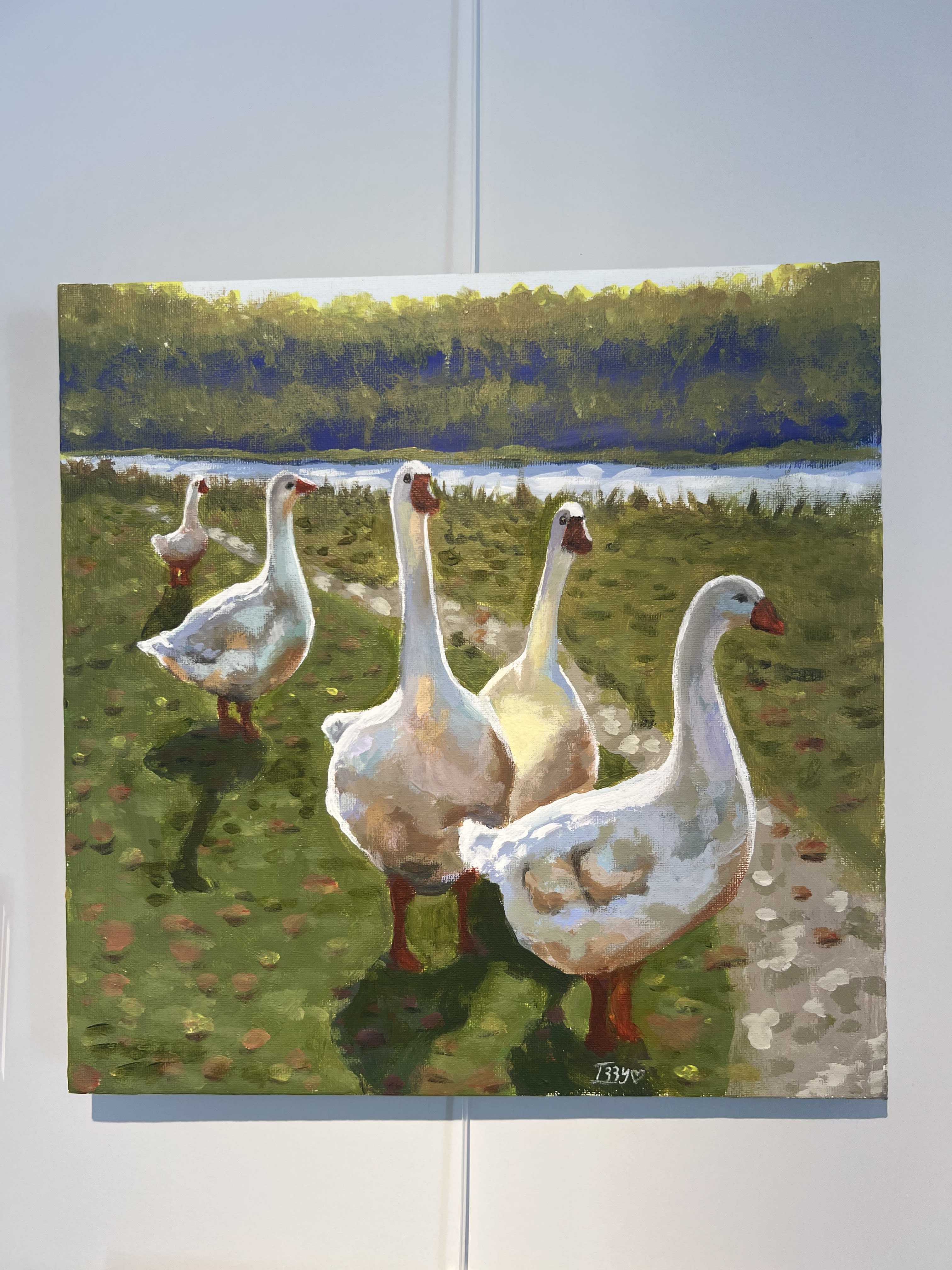
Izzy Cripps age 16 - (13-16 Age Category) and Overall Pegasus Art Trophy Recipient
In the 13-16 age category, 16-year-old Izzy Cripps emerged victorious, showcasing a level of talent that left everyone in awe. Her masterpiece not only secured her category win but also earned her the prestigious overall Pegasus Art Trophy. The judges and I look forward to seeing where Izzy's art career takes her.
Izzy's work is now on view in the gallery window and available to buy. (All proceeds of the sale will go to Izzy)
A Memorable Exhibition: Celebrating Young Talent
From August 30th to September 2nd, the shortlisted artworks from the competition were proudly displayed at Otter Gallery. The gallery was a vibrant showcase of creativity, featuring a diverse array of styles, themes, and techniques that these budding artists had explored during their summer holidays.
Visitors were captivated by the incredible talent on display, and it was heartening to see the community come together to support our young artists. Parents, friends, and art enthusiasts from all walks of life flocked to the gallery to show their appreciation for these young talents and to encourage their artistic endeavors.
The Grand Prize-Giving Ceremony
The grand finale of the competition took place on September 2nd, with a full house of parents, friends, and art enthusiasts in attendance. The atmosphere was charged with excitement as the winners were announced, and the young artists received their trophies and gift vouchers. To top it off, each child received a packed goody bag filled with art supplies, inspiring them to continue nurturing their artistic passions.
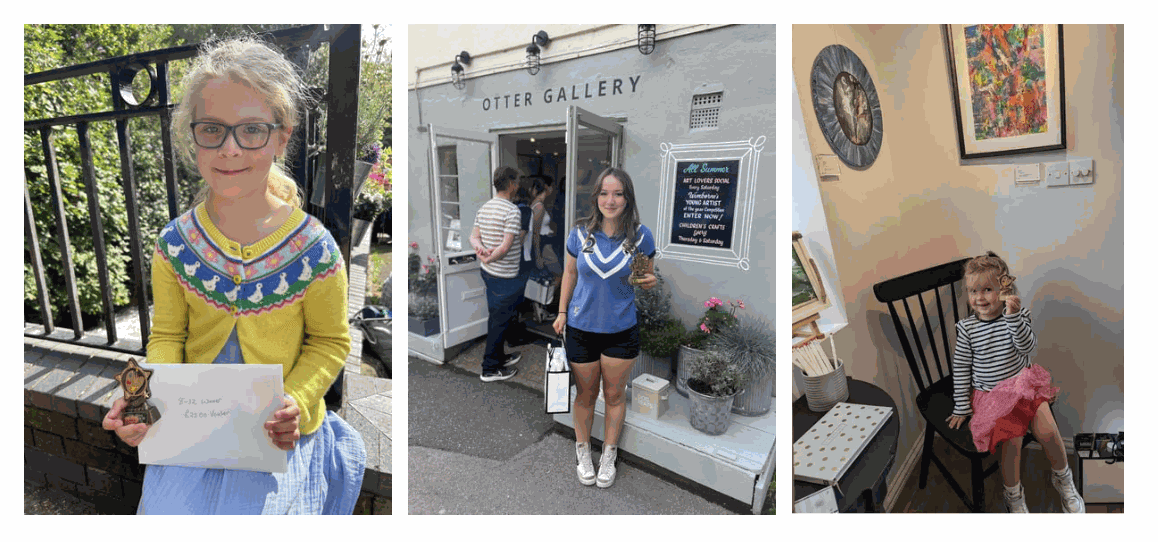
The Otter Gallery and Wimborne’s Young Artist of the Year Competition was not just an artistic showcase; it was a celebration of the creativity and talent that resides within our youngest community members. Ada Rose, Charlotte Elliott, and Izzy Cripps, along with all the participants, demonstrated that age is no barrier to artistic expression.
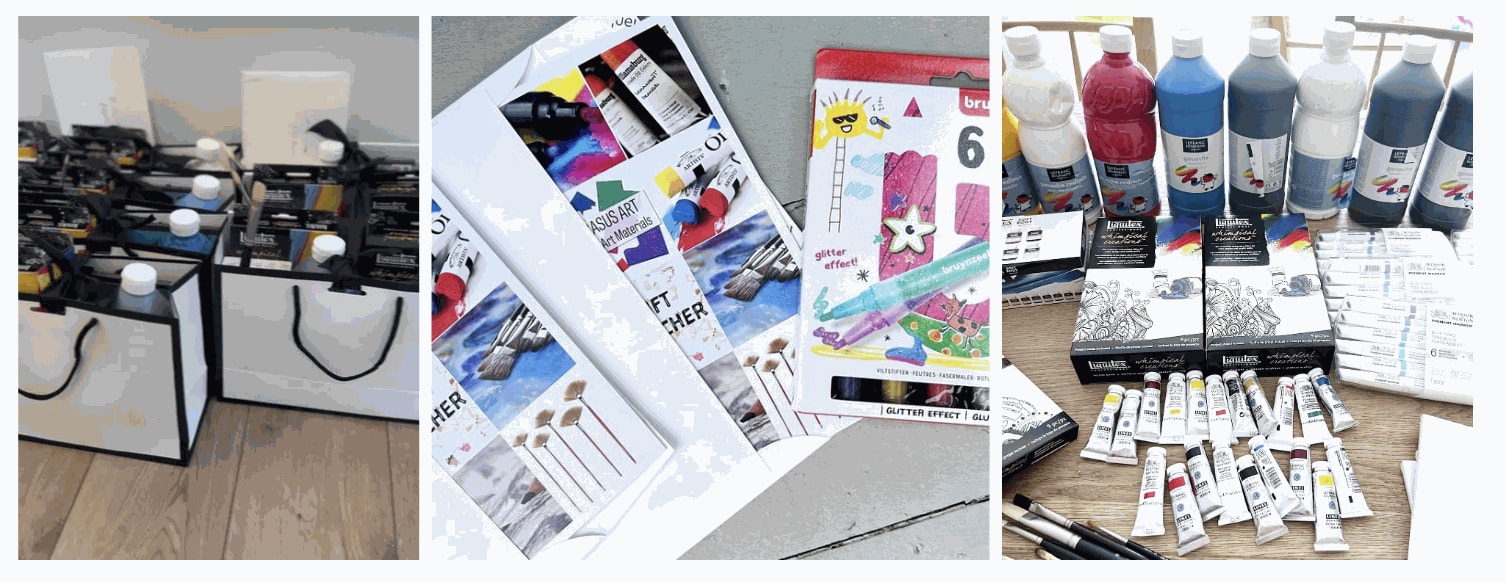
We extend our heartfelt congratulations to all the participants. Their dedication and creativity have left an indelible mark on our hearts, and we look forward to witnessing their continued artistic journeys. We also want to say a huge thank you to all the parents who supported the competition and also our sponsors Winsor and Newton and Pegasus Art for donating such generous prizes and supporting Otter Gallery.
As we close the chapter on this summer's art extravaganza, we eagerly await the next generation of artists to emerge and inspire us with their creativity. Until then, let's continue to nurture the artistic spirit in every child and celebrate the magic they bring into our lives through their art.
Thank you
Katie x
Join our mailing list
* denotes required fields
We will process the personal data you have supplied to communicate with you in accordance with our Privacy Policy. You can unsubscribe or change your preferences at any time by clicking the link in our emails.
